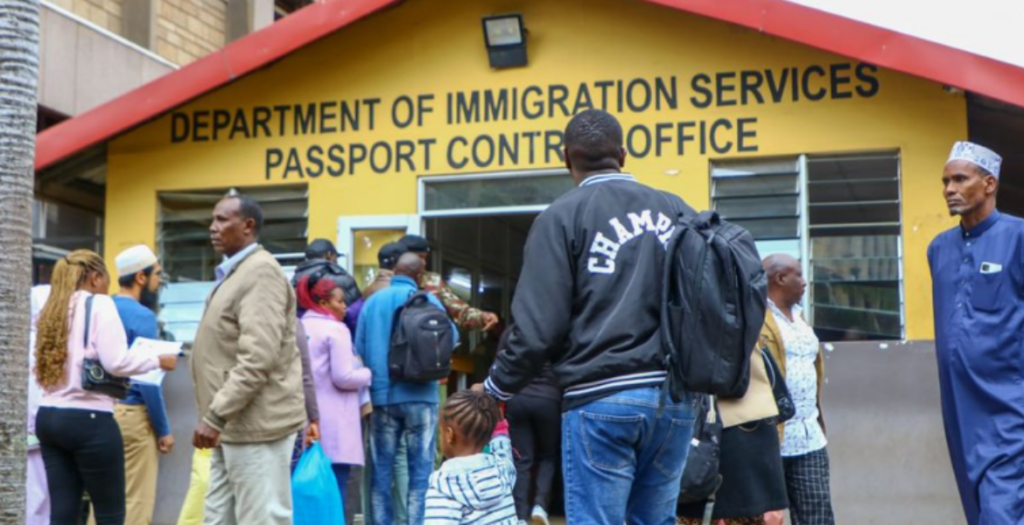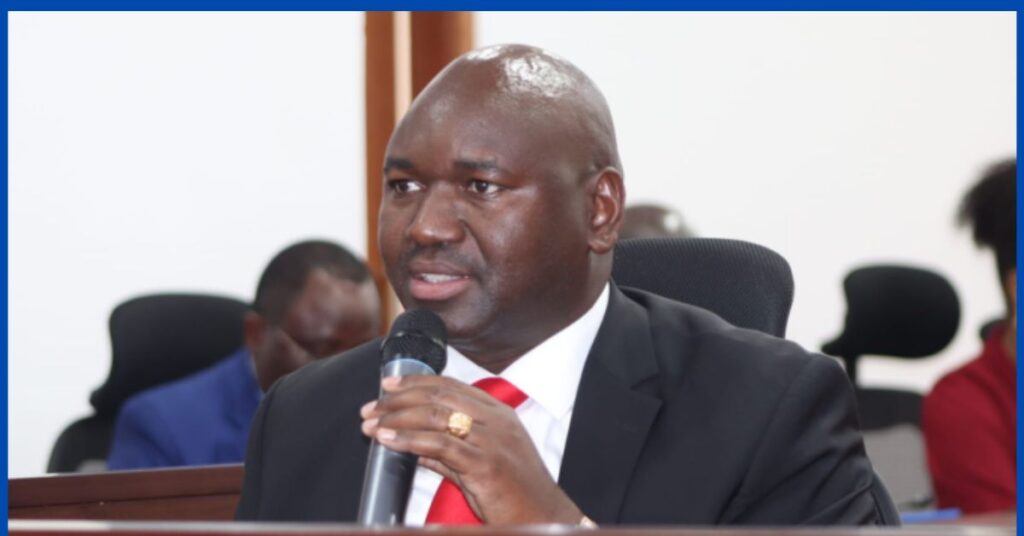Parliament Rejects Government’s Move to Raise Birth and Death Registration Fees
Members of the Delegated Legislation Committee are now calling for the Ministry of Interior to revoke the new regulations under the Registration of Persons (Amendment) Act, which govern the Maisha Namba, or the new national identity card.
Samuel Chepkonga, the committee’s chairperson, pointed out that there are significant errors in the regulations that cannot simply be corrected with minor changes. During a meeting with Immigration Principal Secretary Julius Bitok, the committee demanded the regulations be revoked to ensure they align with the law.
“Some of the issues we’ve raised are too serious, and a simple correction won’t work. You may need to withdraw and republish the regulations because if we proceed as they are, it may be difficult to achieve the intended goal,” Chepkonga explained.
Despite this, Bitok strongly defended the regulations, arguing they underwent extensive public participation and would encourage Kenyans to register for the Maisha Namba card. He told the committee that the Ministry had conducted 820 public meetings across the country, gathering feedback from citizens.

“We went to the field and held 820 public meetings on Maisha Namba, and we have a report on what Kenyans said. This ID is vital for our national security; it’s a secure and tamper-proof card,” he said.
However, committee members raised concerns that the regulations did not mention the Maisha Namba by name, questioning whether they could approve them.
“Maisha card is a great name, it feels very Kenyan, but where is it mentioned in the regulations?” Chepkonga asked.
The Registration of Persons (Amendment) rules suggest a Ksh.300 fee for applying for a new ID card, which was previously waived under the administration of the former President Uhuru Kenyatta after being reduced from Ksh.300 to Ksh.50.
The new rules also propose charging Ksh.1,000 for ID card duplicates, alterations, civil servant cards, and public officer badges, a move that faced strong opposition from the committee members.
Bitok explained that the fee increase was necessary to combat fraud. “We are charging Ksh.1,000 for correcting errors because there have been many fraudulent attempts to change details on documents. This is also a national security matter,” he said.
The committee, however, rejected this explanation.
In addition, the Births and Deaths Registration (Amendment) rules propose charging Ksh.1,000 for registering or re-registering births, as well as making corrections in birth or death entries, a service that was previously free.
There is also a proposal for Ksh.500 to register a birth or death more than six months after it occurred, and a Ksh.200 fee for birth or death certificates. Moreover, a Ksh.500 fee is suggested for authenticating the seal of the Principal Registrar on any birth or death certificate requested by individuals or government agencies.

In Other News: Nyeri County Officials Embroiled In Sh9.86M Fuel Scandal
Parliament Rejects Government’s Move to Raise Birth and Death Registration Fees

